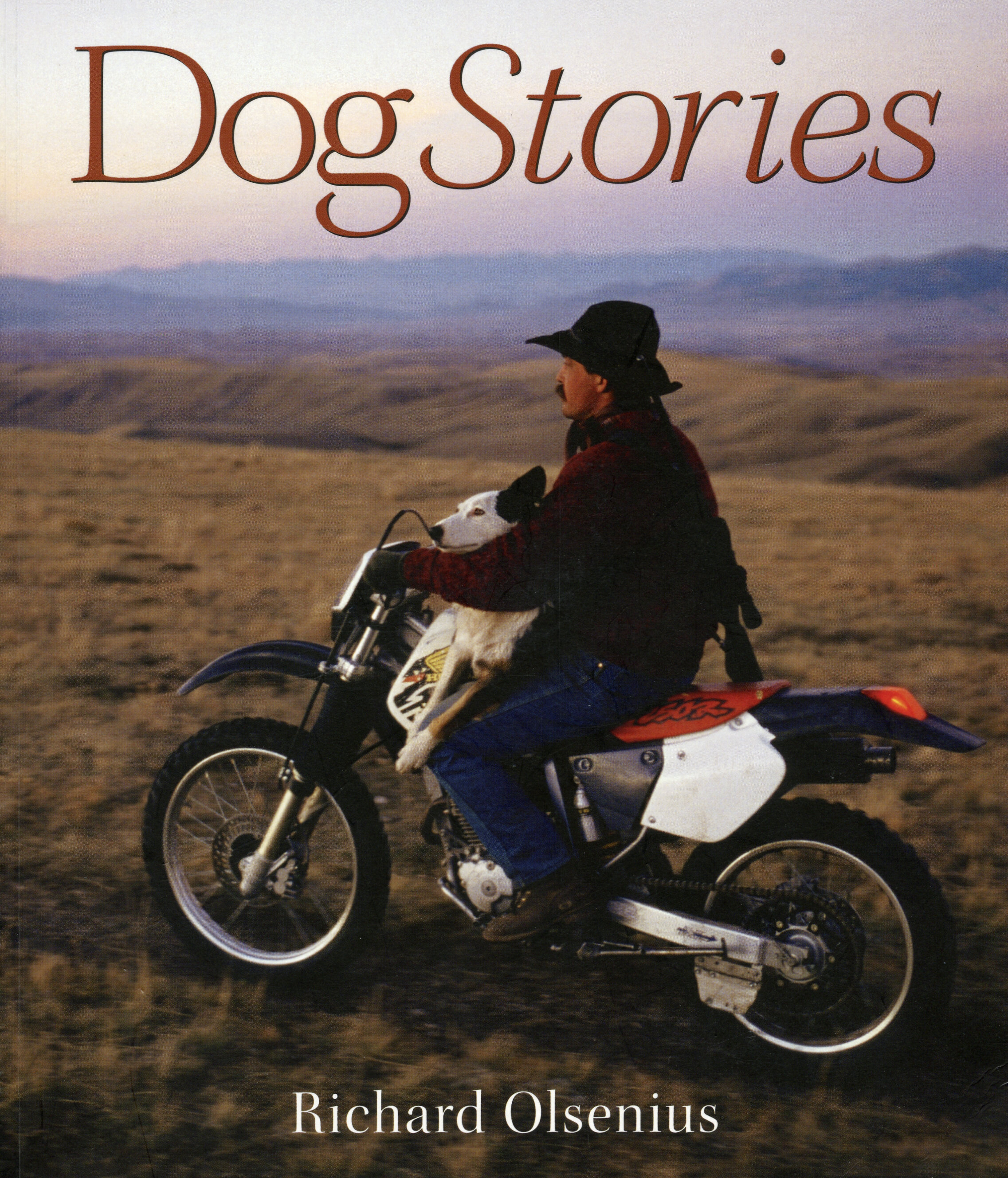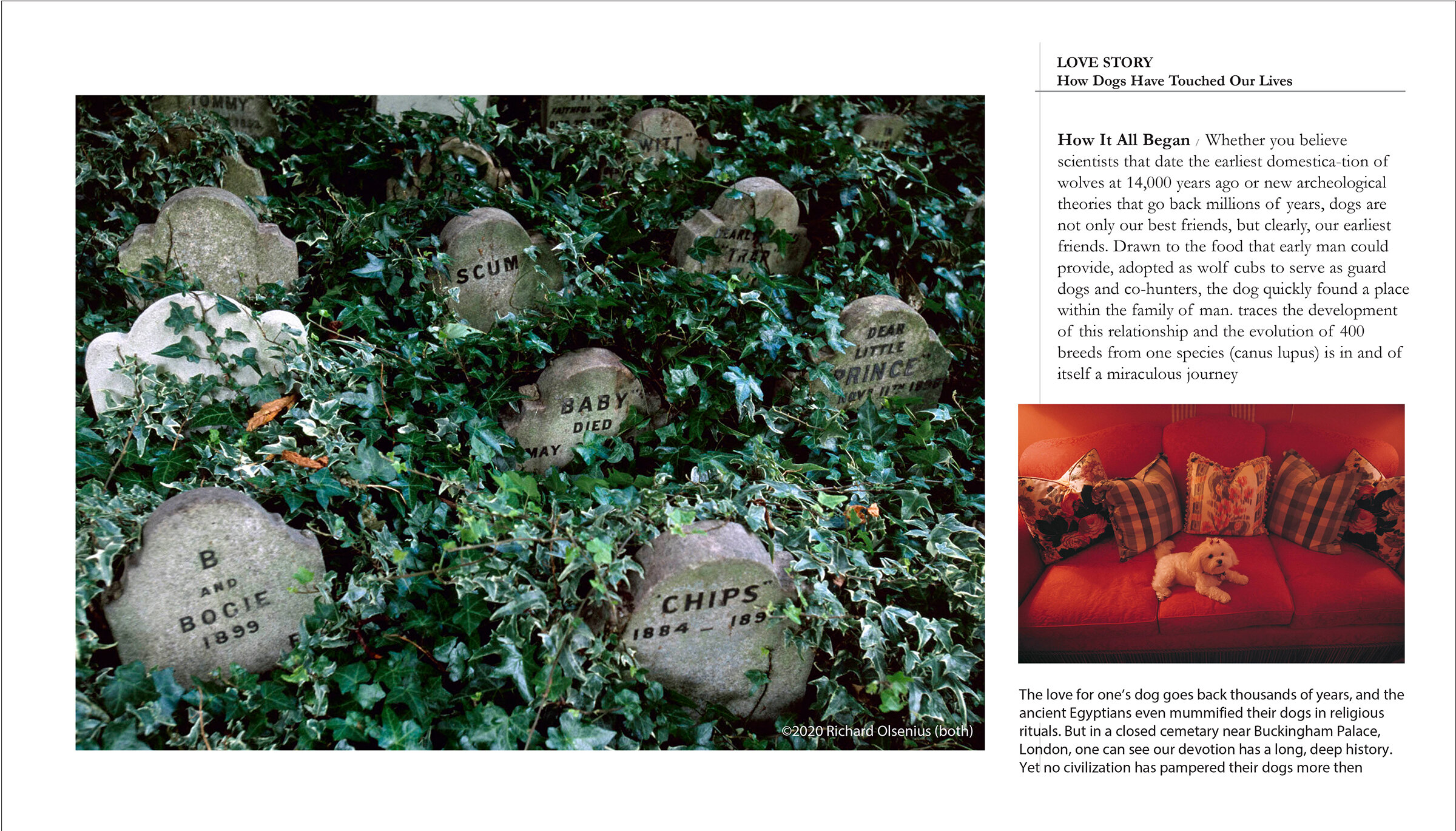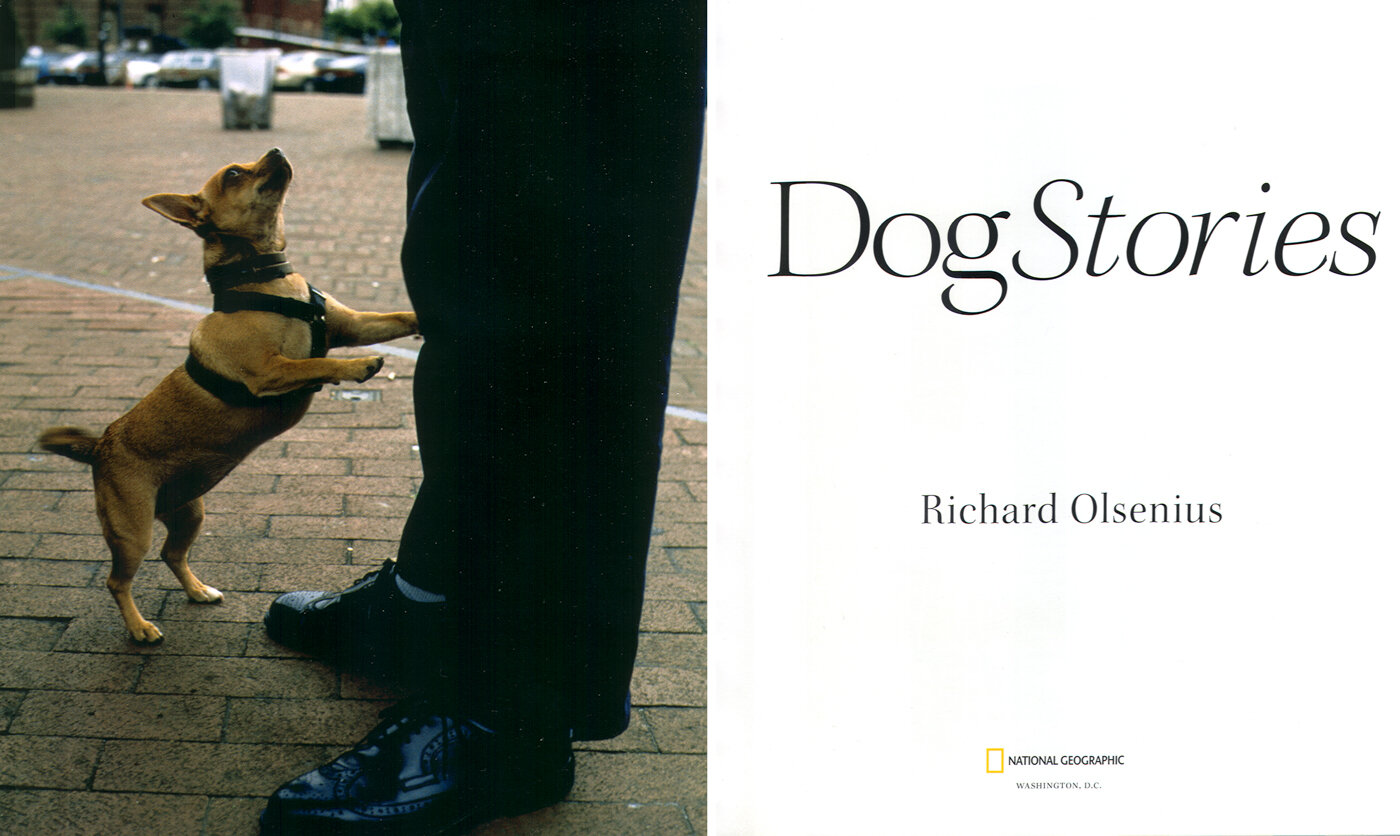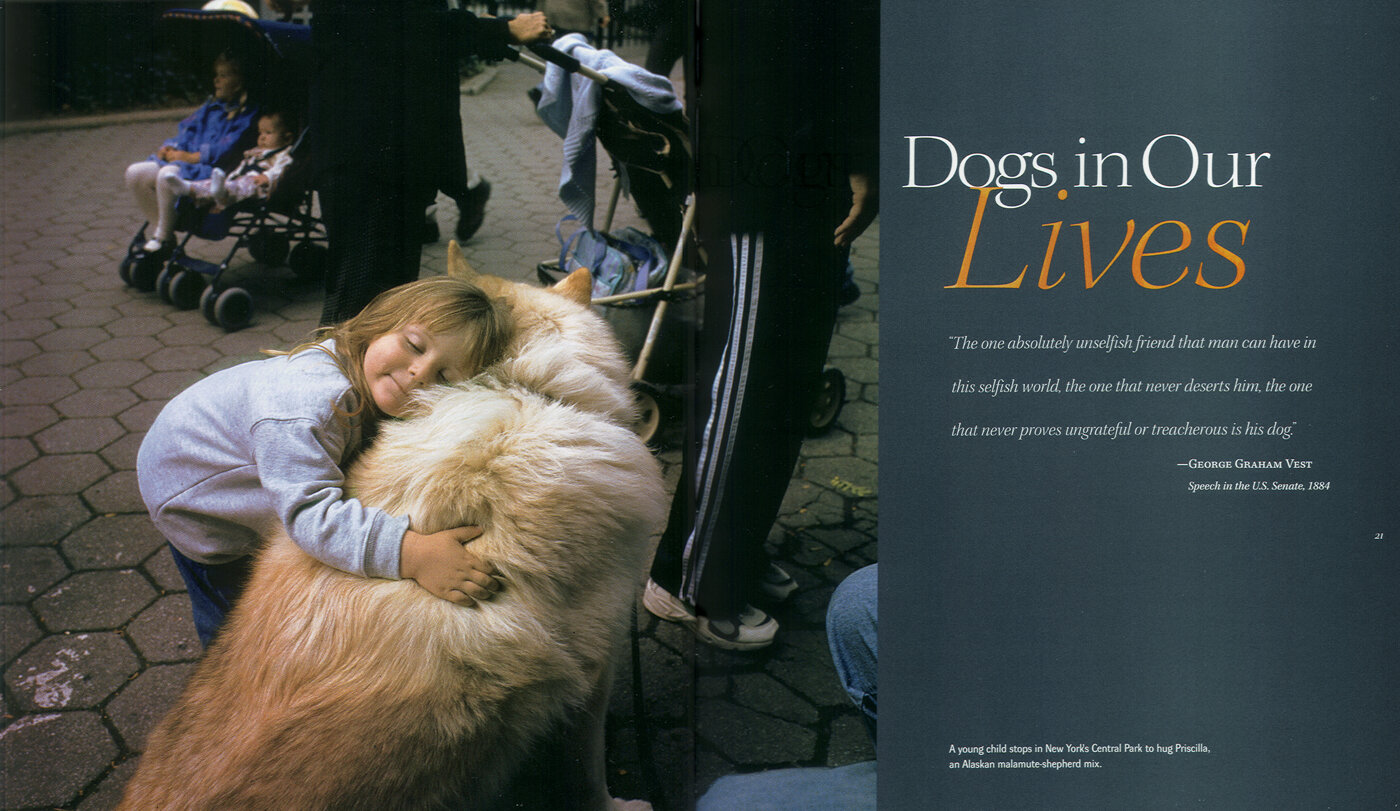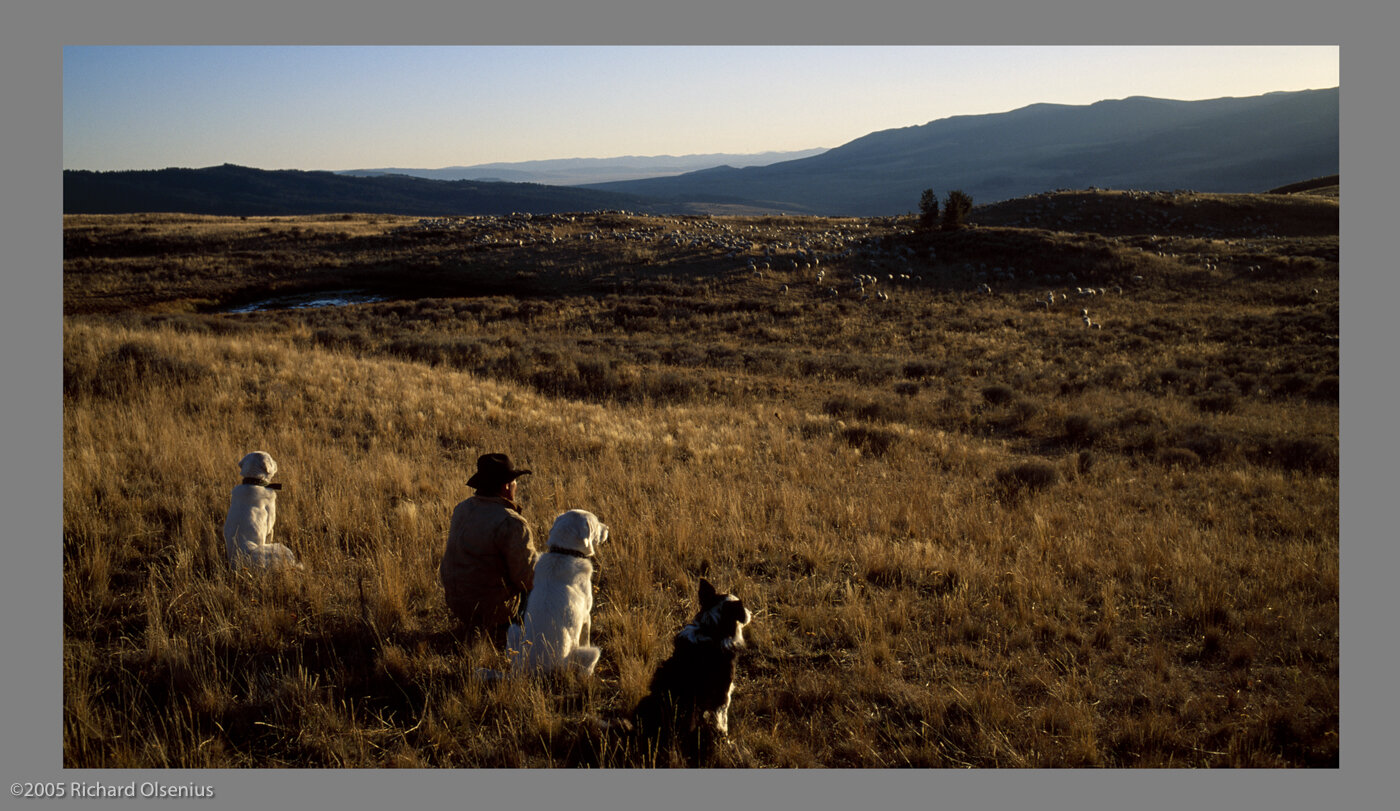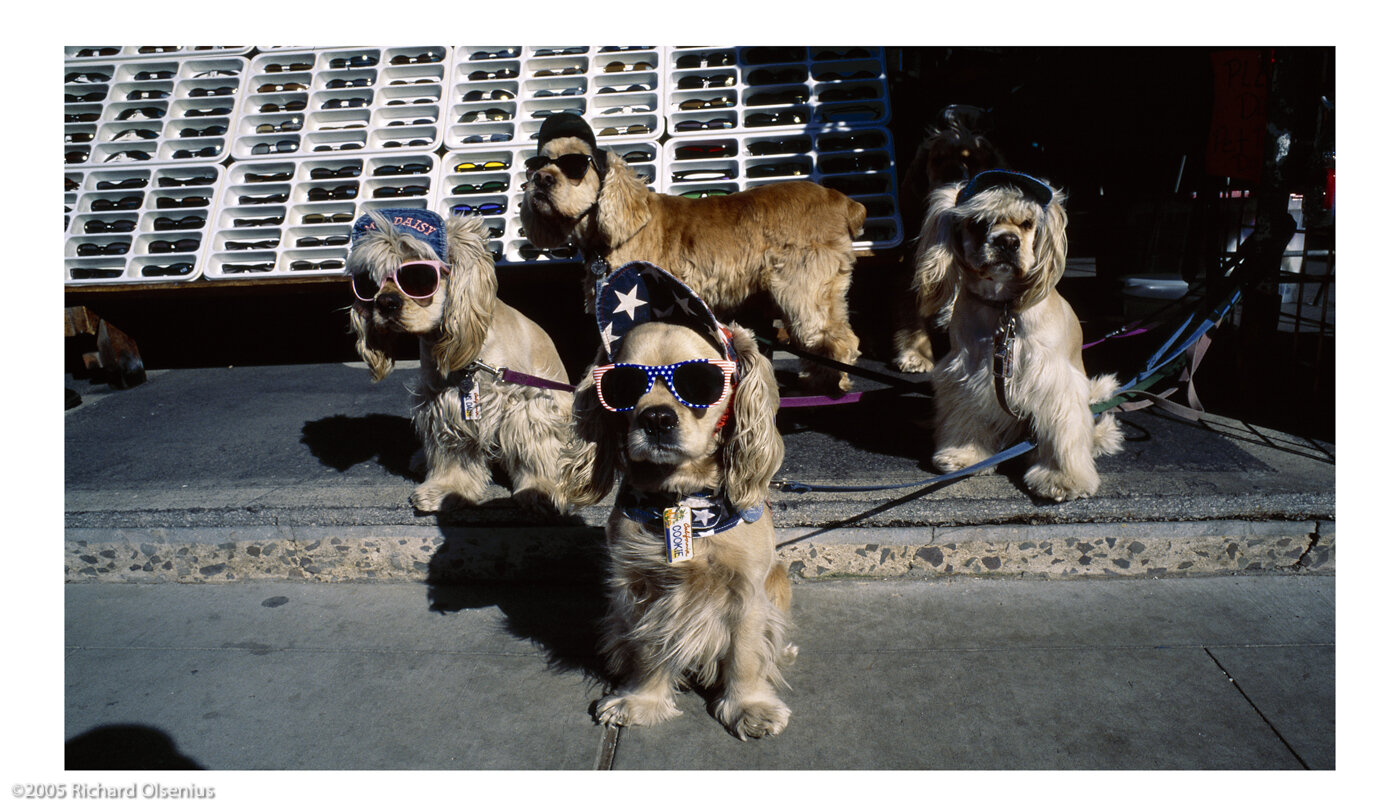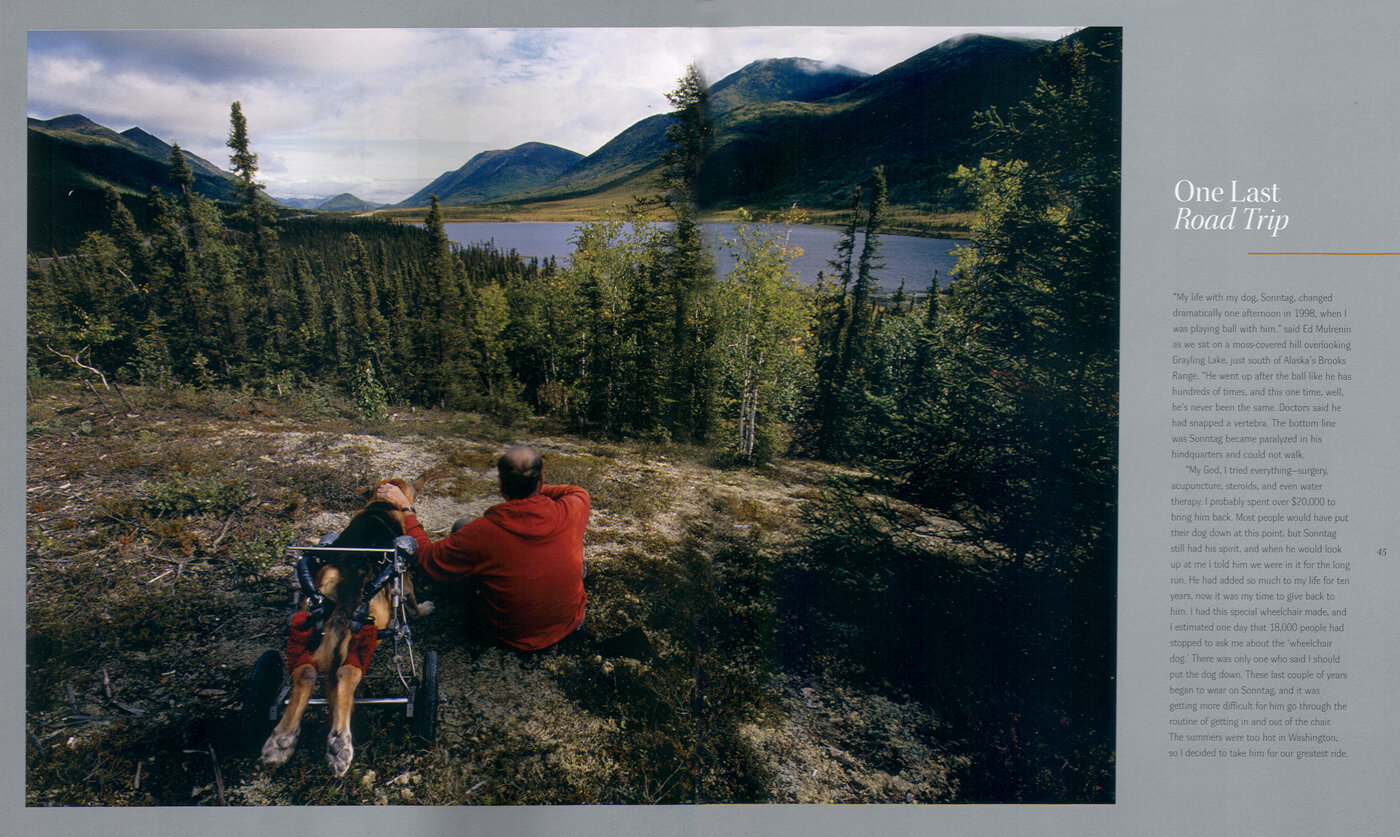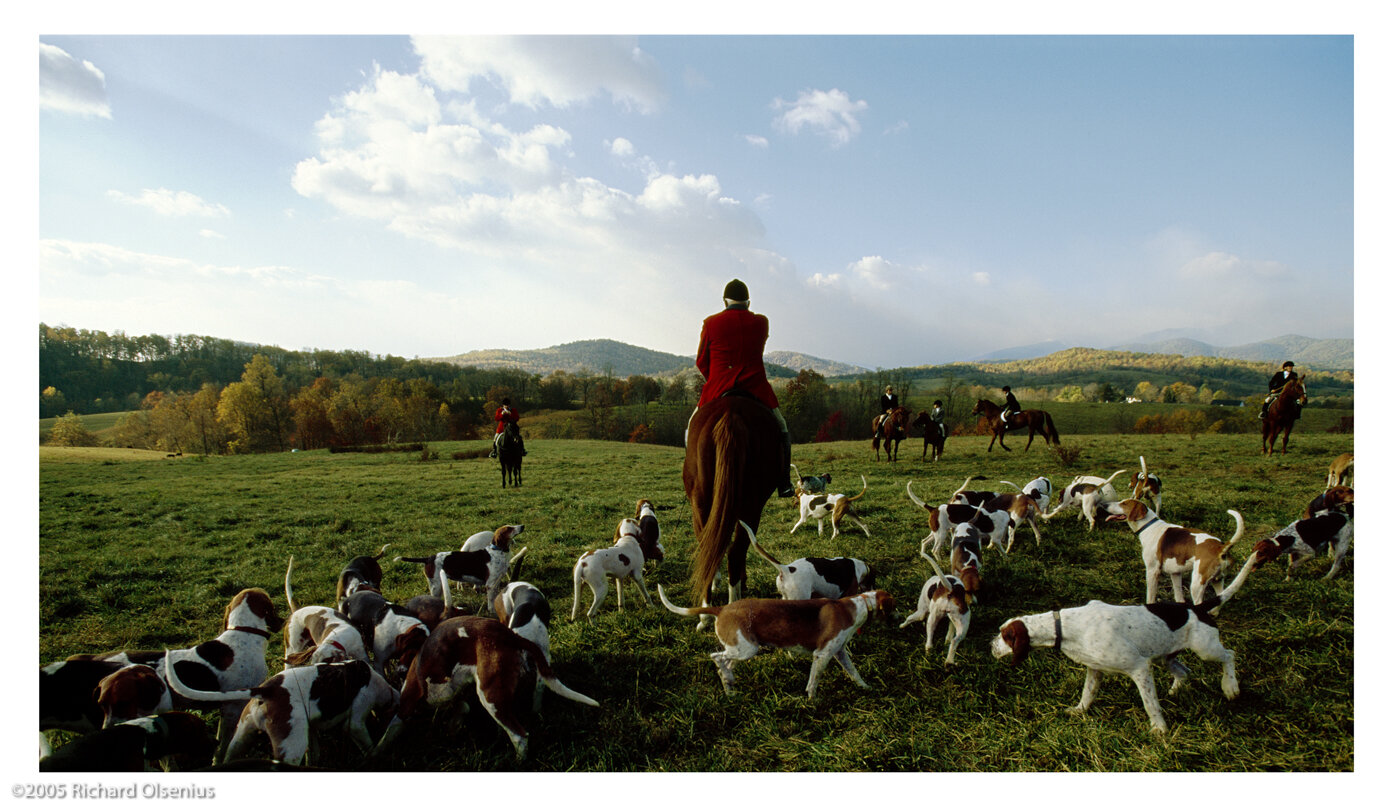INTRODUCTION VIDEO
Introduction Video - This clip is from the introduction to the DVD titled Dog Stories by Richard Olsenius. Through individual stories, narration and music it explores the special relationship we have with our dogs and how they have changed our lives. The DVD is available in the Gift Store.
In the thousands of miles traveled on a story about dogs for National Geographic Magazine, what struck me most, was the close-knit tie between dogs and humans, and the universal language that dog ownership implied. It didn’t matter what line of work you did or what country you were from, everyone wanted to talk about their dogs!
DOGS IN OUR LIVES
Our faithful dogs have journeyed with us in our move to the cities. With our jobs, schedules, long commutes, children's activities, and any number of diversions, how is it that our dogs continue to be an important part of our busy lives? An estimated 55 million dogs bed down each night in 32 percent of all homes. How can we explain the continued increase in dog ownership here and around the world?
Tiffy on Couch
"Why wouldn't I want to give everything I can to my Tiffy," said NancyJane Loewy about her Maltese as we sat in her Upper East Side apartment. "It's so simple. Why, with all the mistreated animals in the world, wouldn't you give the same love and care to your dog as you would your family? You can tell how people treat each other by the way they treat their dogs. I don't just love Tiffy, I love all the dogs that come to my house, and that includes Bucky, Bobby Blue, Freddie, Fergie, and Tucker, to name a few."
Ruth Hoffman, 60, has been walking dogs professionally in Manhattan for more than 22 years. She started back in 1980, when her love of dogs and the perceived need of busy people to get some help with their dogs jelled into a business. Many registered dogs have Upper East Side addresses or ones that border Central Park, and that's where Hoffman focused her business.
It was early October in southwest Montana, and already there were some spots of snow hanging on the peaks of the Gravelly Mountain Range. John Helle, a sheep rancher near Dillon, had several bands of sheep summering up in the high country of the Gravellys, a rugged and remote area where coyotes, grizzlies, and wolves compete for food. Helle was in a hurry to get his sheep back across the 10,000-foot Stonehouse Mountain and closer to their winter range in the Sweetwater Basin before the winter storms began.
“A dog will look at you as if to say, ‘What do you want me to do for you? I’ll do anything for you.’ Whether a dog can, in fact, do anything for you if you don’t have sheep is another matter. The dog is willing” —Roy Blount, Jr.
Sociologists suggest that encased in our cities, cars, and offices, we have been isolated from our physical world, and that our dogs provide us with a connection to something wild, something from our past that makes us crave a connection to the natural world. Dogs fulfill some of that need. Dogs have infiltrated our lives to such an extent that our emotional response to them can be as strong as to our spouse or friends, even in death.
"Do dogs make a difference in people's lives?" I asked Lenny Golay, one of the owners of the Corner Bookstore. She and her partner, Roy Sherman, have hosted a neighborhood "Doggie Buffet" party for 14 years to help raise money tor dogs abandoned in Central Park. "Sure they make a difference," she replied. "Our dogs bring us together; it's sort of a common ground that helps break the ice and connect us here in the city. Look at the hundred people standing around laughing and untangling leashes," she said.
How It All Began / Whether you believe scientists that date the earliest domestica-tion of wolves at 14,000 years ago or new archeological theories that go back millions of years, dogs are not only our best friends, but clearly, our earliest friends. Drawn to the food that early man could provide, adopted as wolf cubs to serve as guard dogs and co-hunters, the dog quickly found a place within the family of man. traces the development of this relationship and the evolution of 400 breeds from one species (canus lupus) is in and of itself a miraculous journey
A NEED TO WORK
Dogs, at least the ones at the very beginning, were bred to work. They guarded, pulled, hunted, fought wars, herded, and generally did anything man could dream up. But over the years as populations moved into the cities, the breeds have been slowly losing their natural instincts. Most hunting dogs have no idea what their natural instincts are for.
Dogs That Heal
How far has this relationship grown? This collection takes an intimate look at the lives of several dogs and people that have made a difference. A pilot, whose freak accident left him without hope. His dog Gann became the guiding force that saved his life. Or the story about Ed. Mulrenin and his dog Sontag, a cherished pet that became paralyzed. This chapter will follow them on a rugged journey through the interior of Alaska.
THE GREATEST TRIP
”I figured out that the longest road trip from Washington, D.C., was to Prudhoe Bay, on the North coast of Alaska,"' said Mulrenin as he adjusted the special seat he had built into his Land Rover for Sonntag. "So that was it, a 12.500-mile round-trip, just me and my dog. Even though Sonntag loved to ride in the car, I wrote down a number of ground rules so he and I would never cross to where neither of us wanted to be. His comfort and enjoyment were always at the top of the list.”I had joined Ed and Sonntag in Fairbanks, Alaska, for the last rugged 400 miles of gravel road to the Arctic Ocean. During these long days of driving, I watched as Ed pulled over to the side of the road every couple of hours and lifted the 80-pound Sonntag Into his chair for a walk.
RESCUED LIVES
The numbers are staggering, thousands of dogs around the world are abandoned or abused daily. In many countries the dogs are either put down or carted off for research. But there has been a strong movement in England and the United States to rescue unwanted dogs and re-home them. Battersea Dog shelter in London, England re-homes over 3000 collected strays every year.Furthermore, dogs which had been used as research animals for studies on human heart disease and surgery, are now themselves being saved in modern vet schools and clinics around the United States. While just a few years ago dogs with heart and other serious defects had to be put down. Today, clinics like the prestigious Michigan State Veterinary School, preform thousands of heart, hip, eye and cancer surgeries almost routinely.
A recent e-mail from Lou Hawthorne, CEO of Genetic Savings and Clone read, "Missy, the beloved dog who has inspired a multimillion-dollar canine cloning effort, recently died under a magnolia tree surrounded by family." I had visited and walked with Missy and Lou Hawthorne on the hills overlooking the Pacific Ocean west of Sausalito, California, just a short time before. Missy, owned by a wealthy Arizonan, became the focus of a massive and expensive race to clone pets by nuclear transfer. With Genetic Savings and Clone's recent success in creating the first cloned cat, CC, Hawthorne feels Missy's clone is near. "We wanted to achieve this with Missy still alive," he said, "but we have tissue samples of Missy preserved in liquid nitrogen in our College Station, Texas , office and there is more than enough to continue the research." "I won't tell you how many pet samples we have at our facilities," said Chuck Long, general manager at GSC. "But there is already a large number of people who want to carry on the genetic history of their loved companions, and they are entrusting that legacy with us."
BUSINESS OF DOGS
We love our dogs. We groom them, we show them, we feed them expensive custom mixed dog-food, there are shopping malls for dogs, we go to movies about dogs, we take them everywhere and now we are trying to clone them at the cost of millions. Dogs are a multi-billion dollar industry and there is no end in sight.
Images from the book “Dog Stories.”
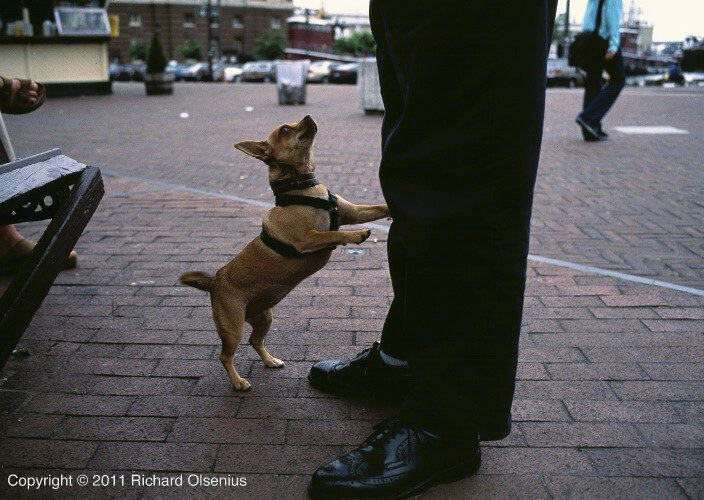
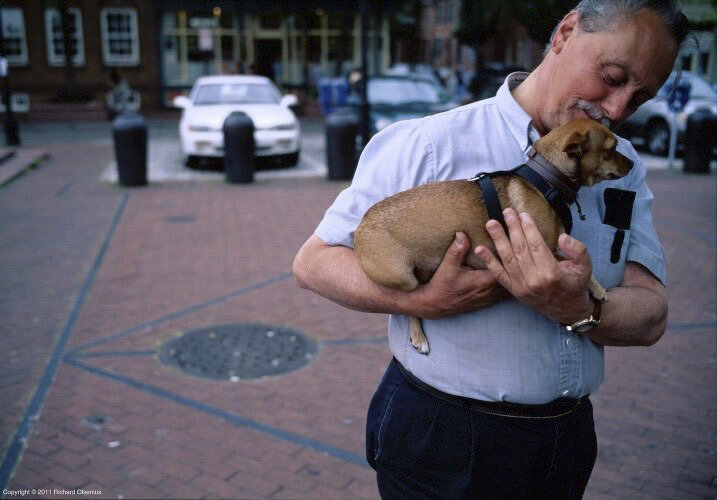
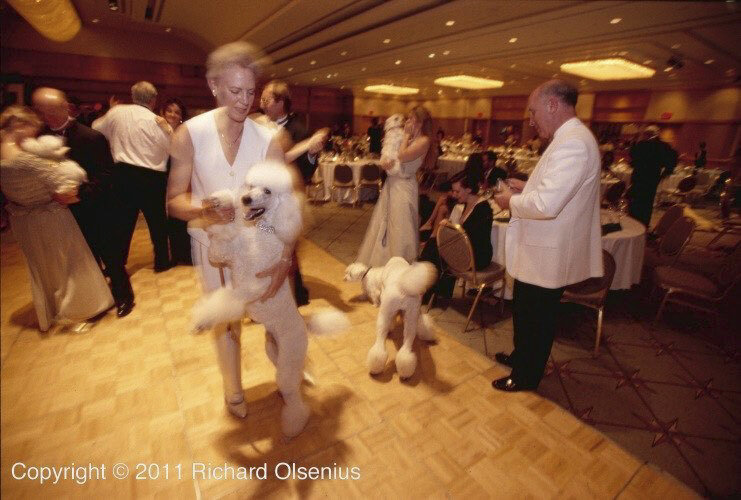
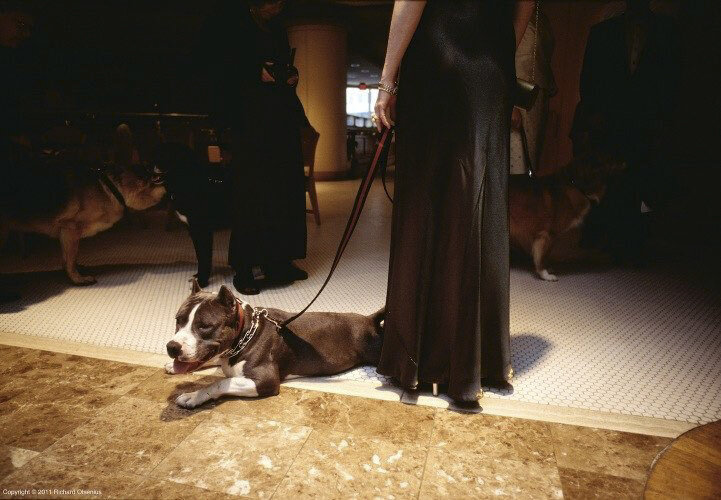
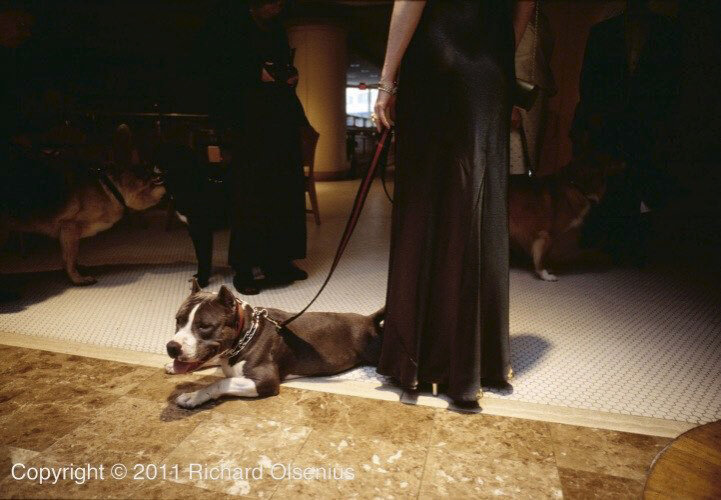
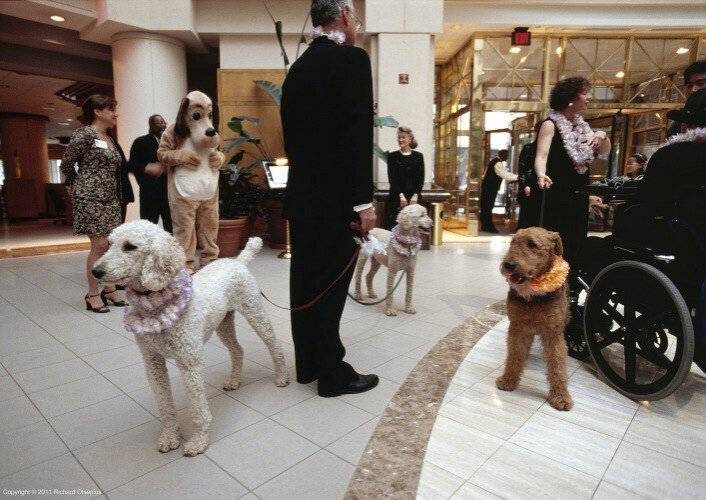
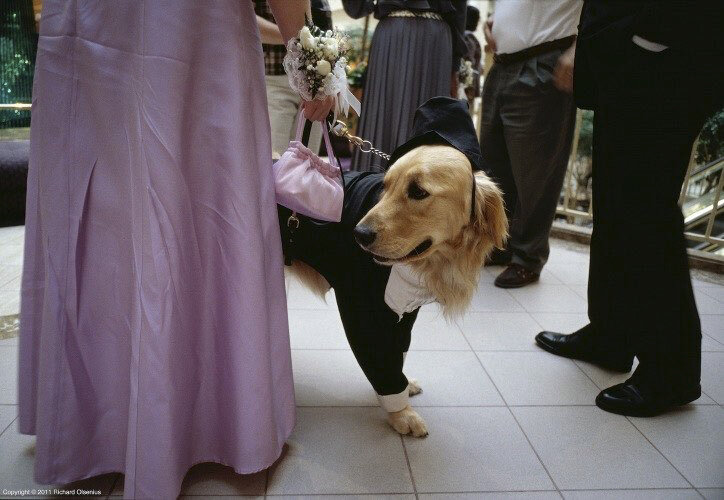
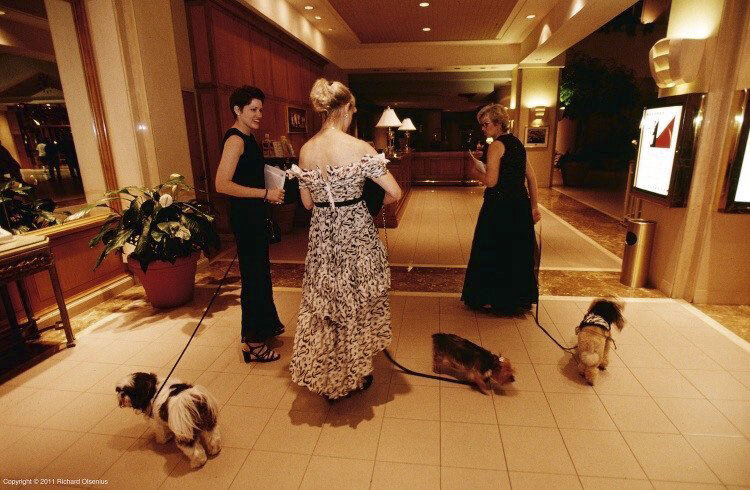

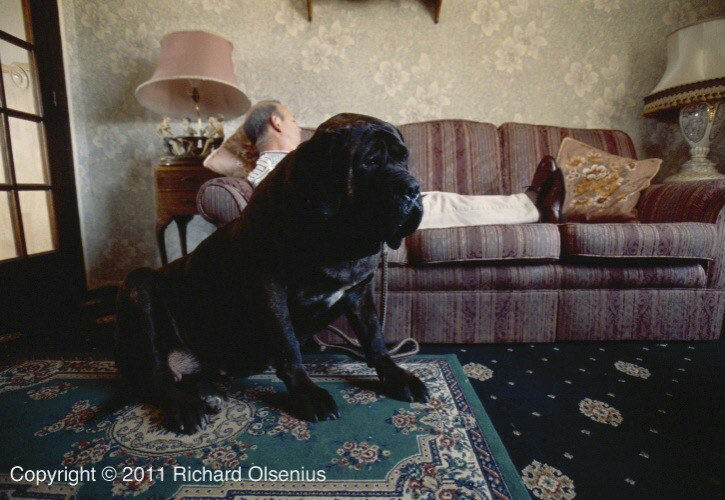




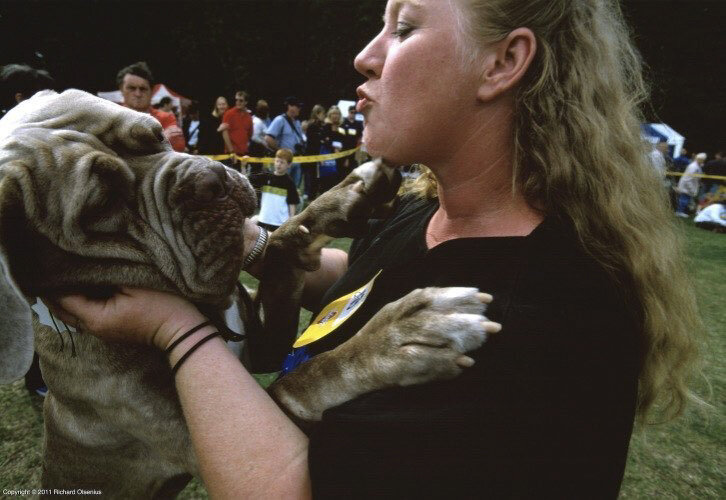
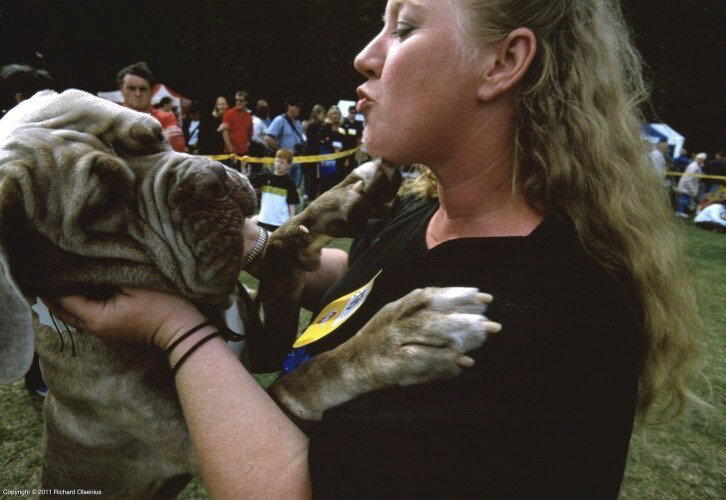
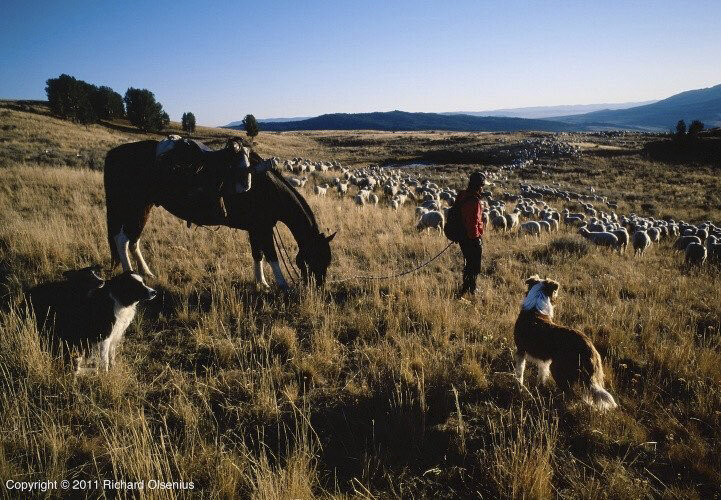
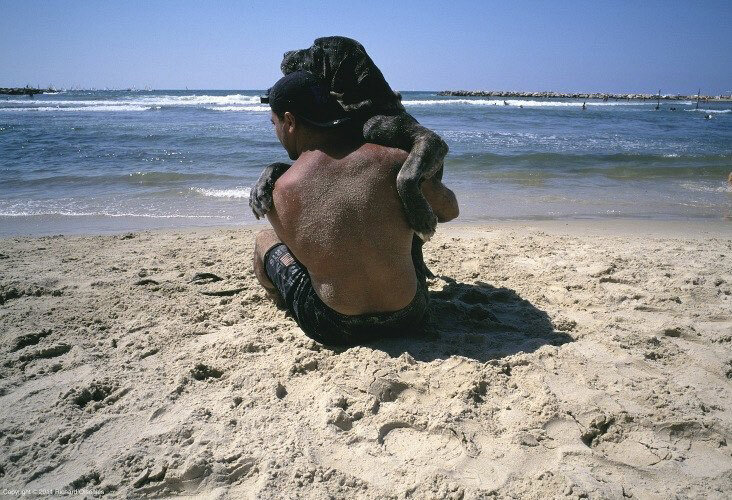
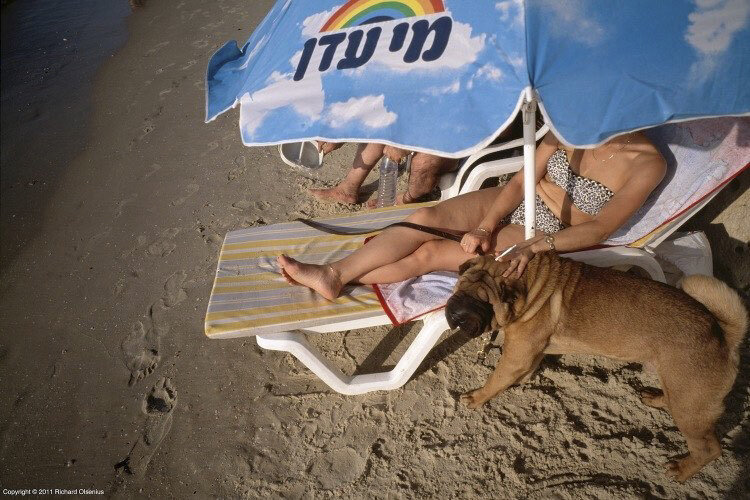
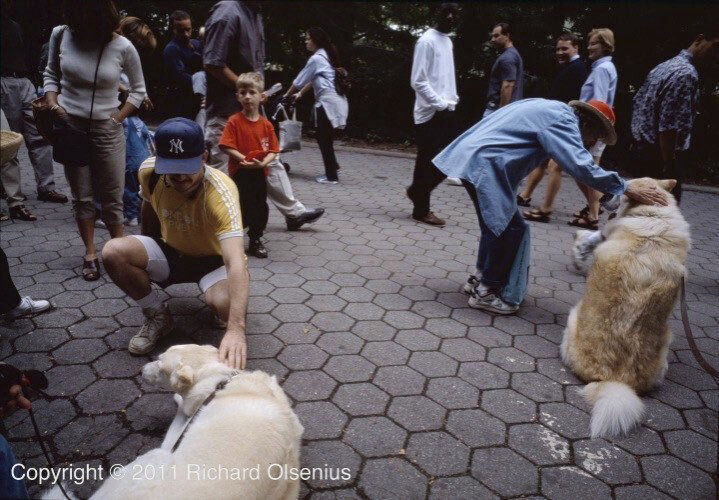
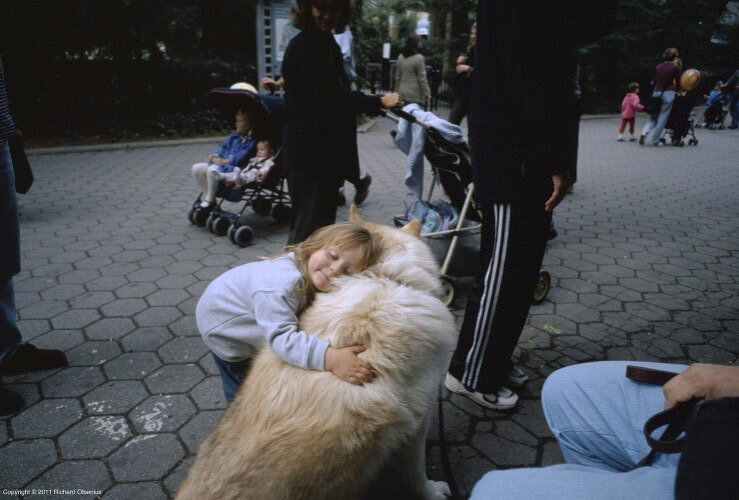
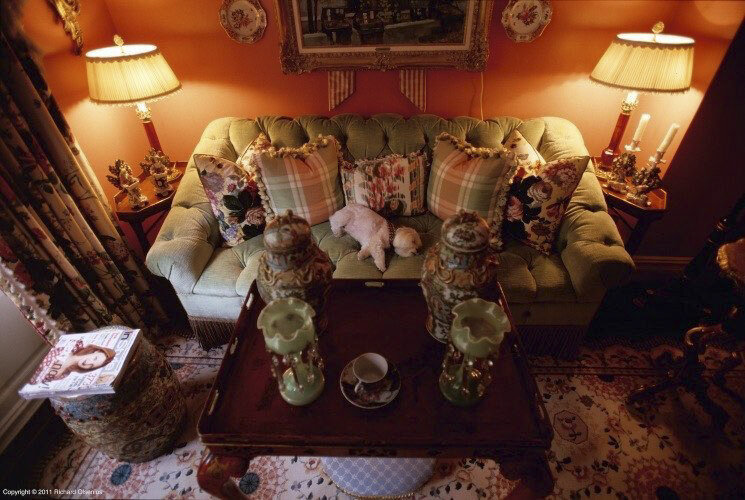
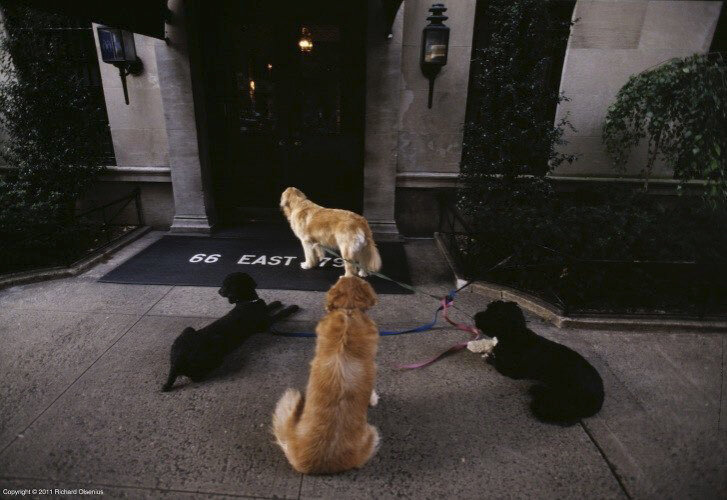
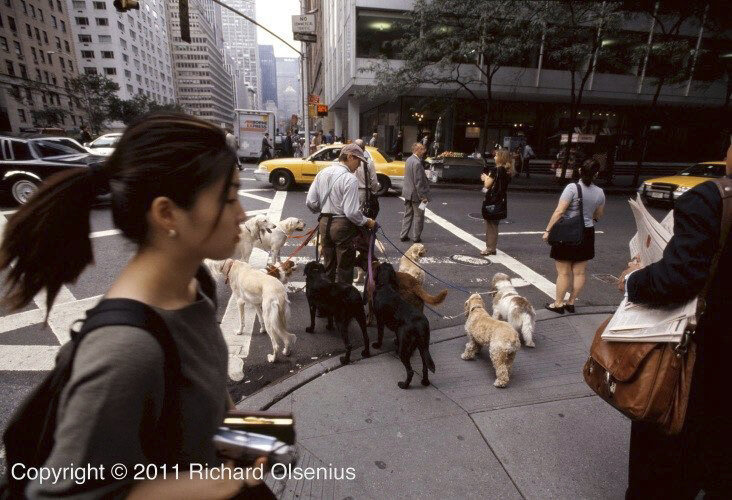
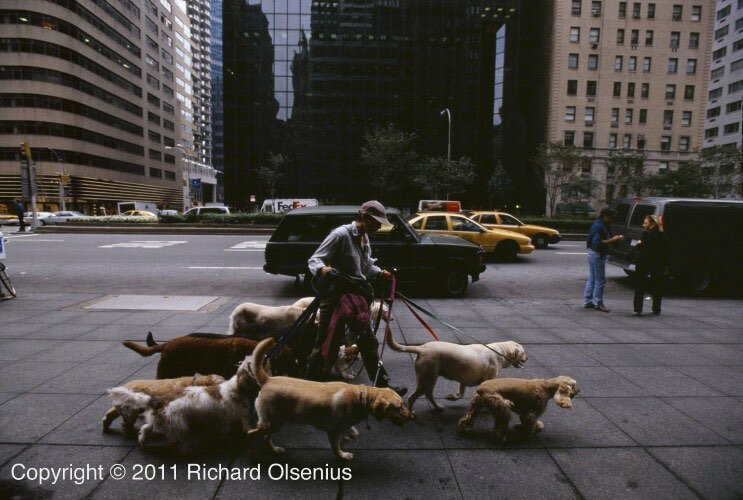
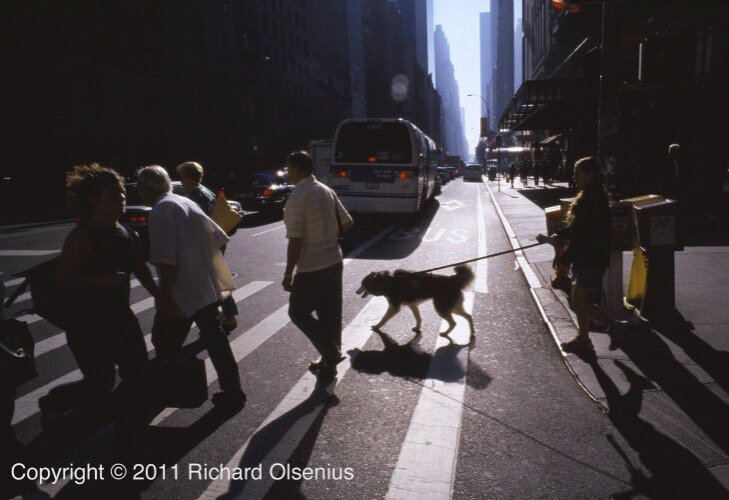
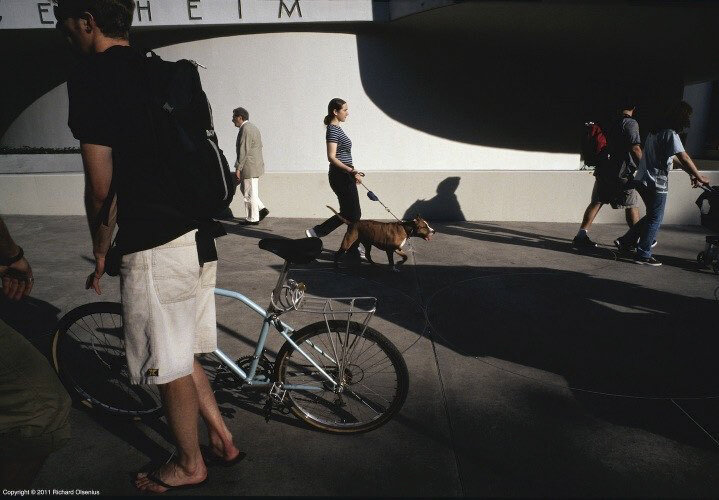
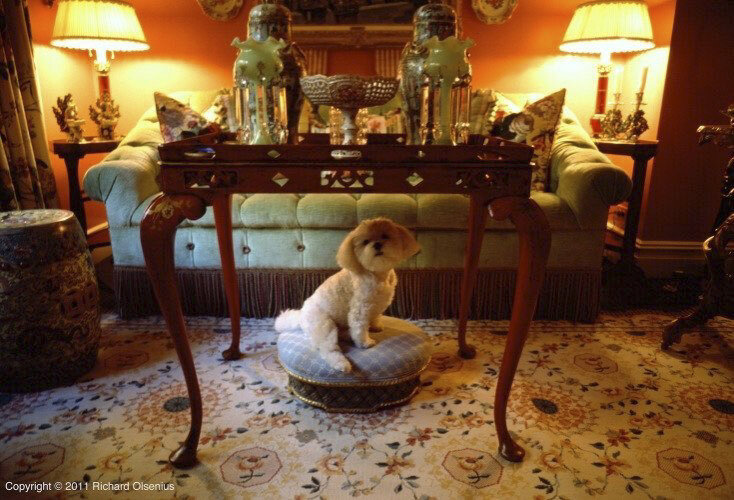
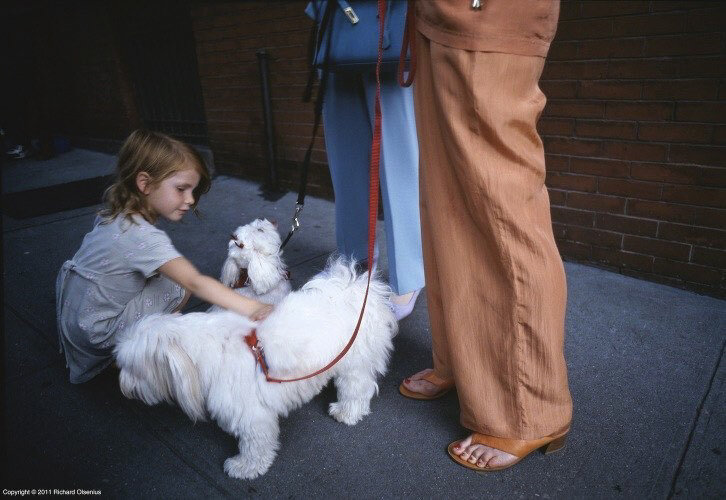
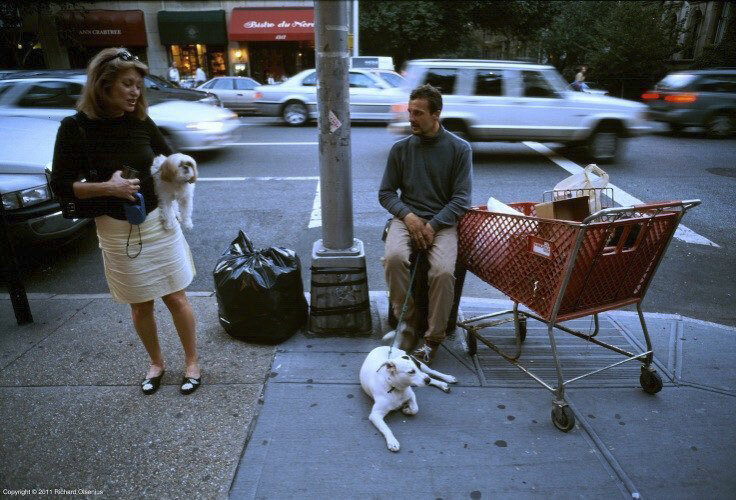
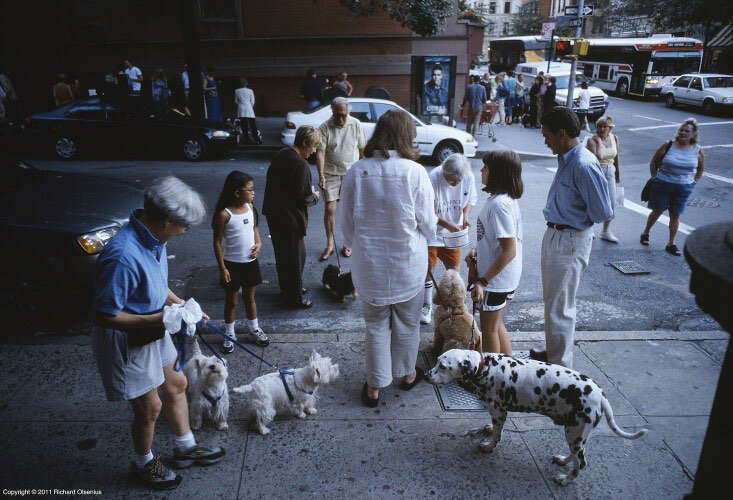
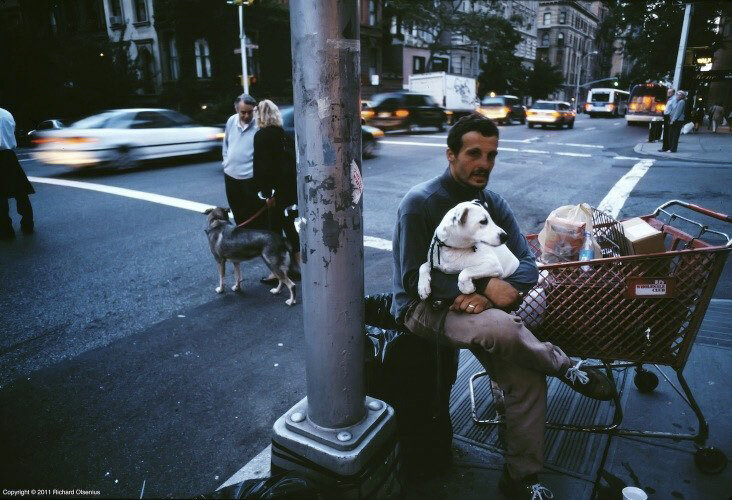
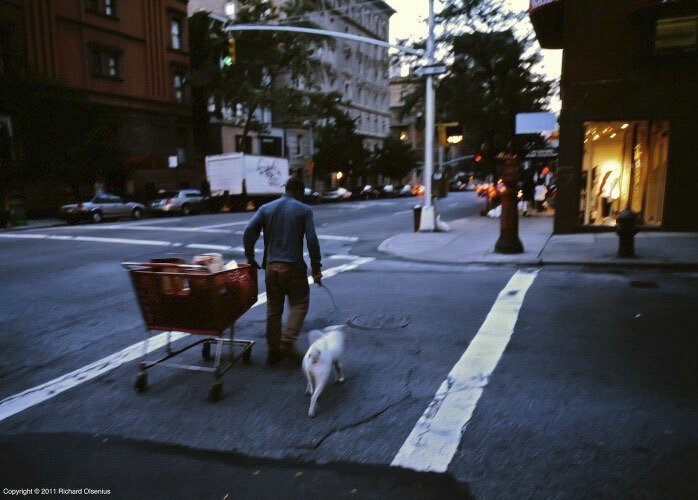
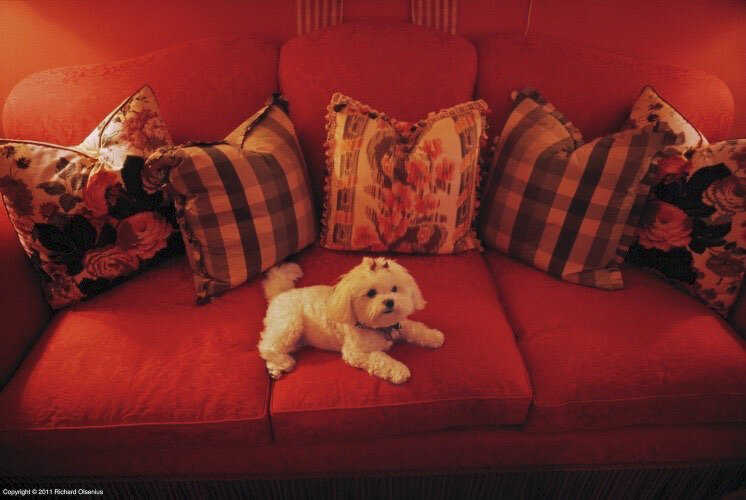
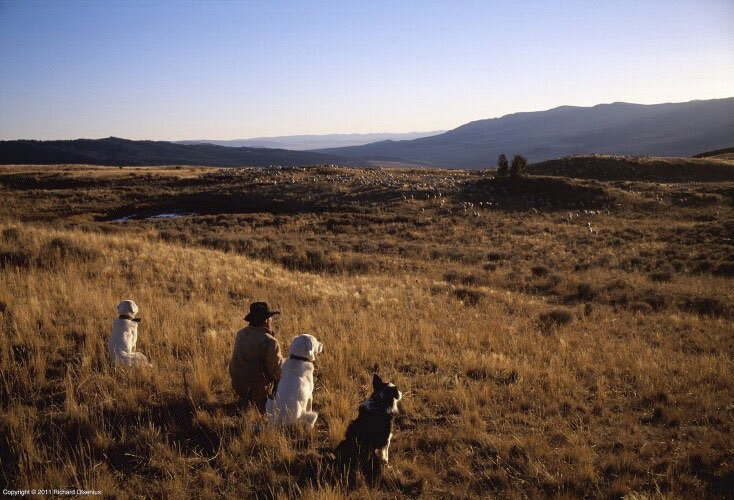
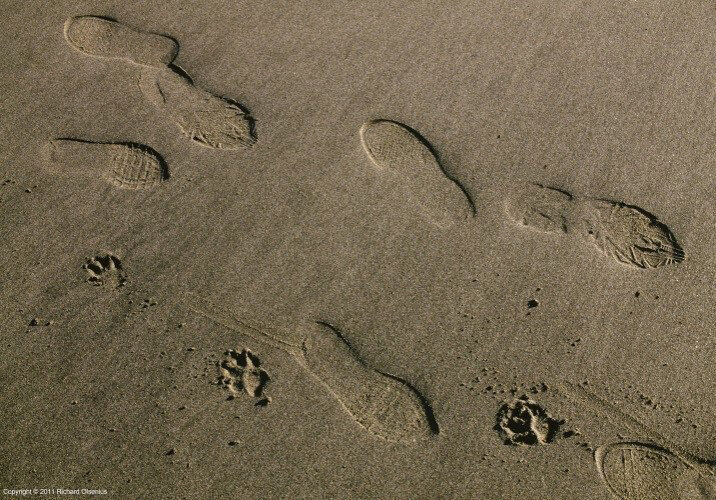
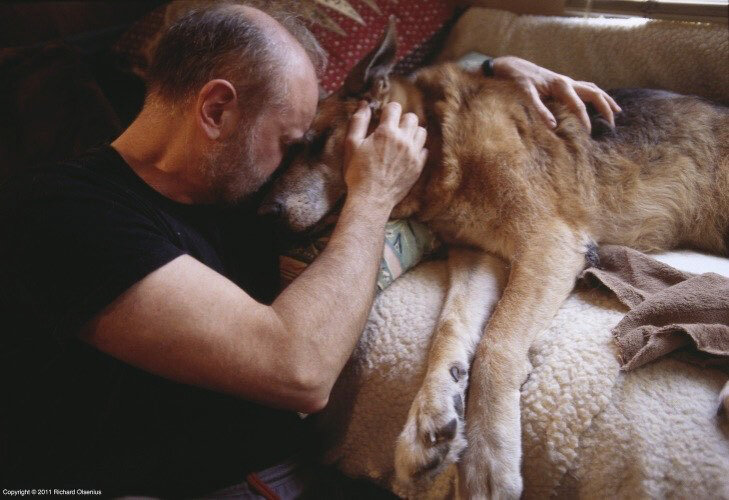
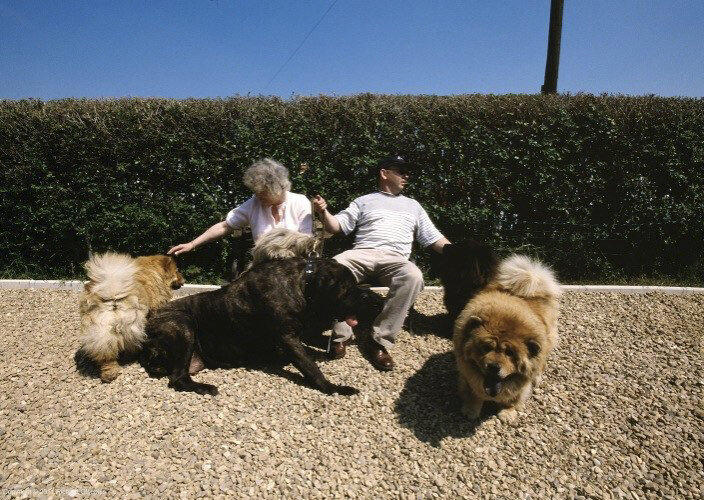
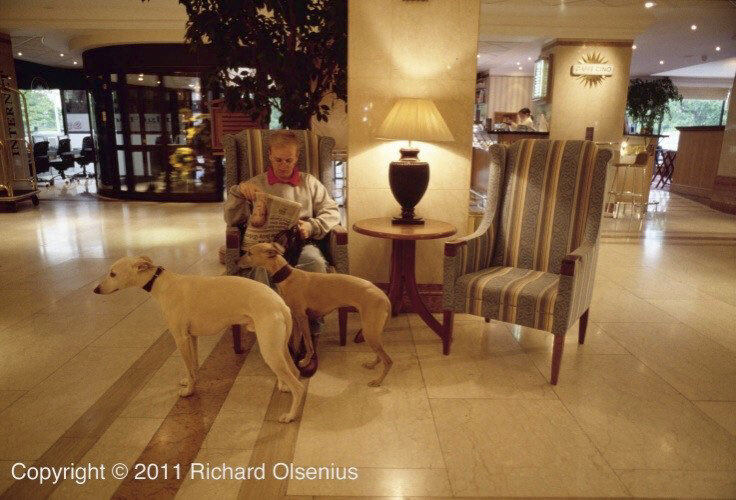
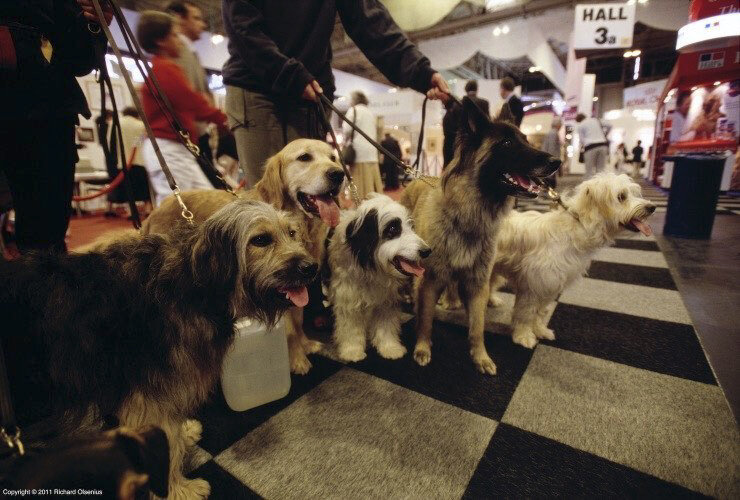
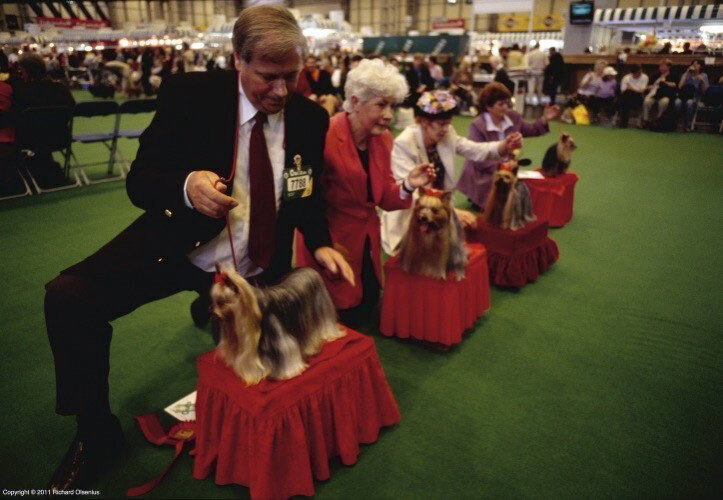
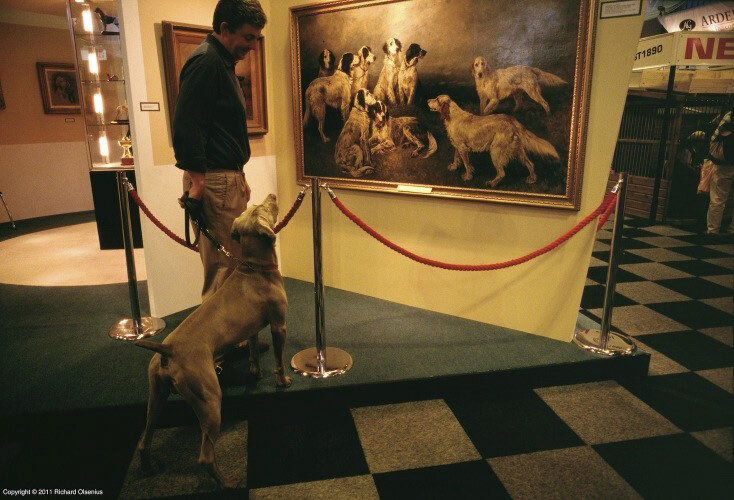
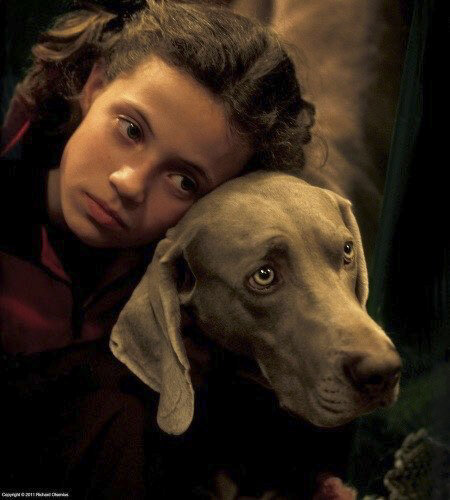
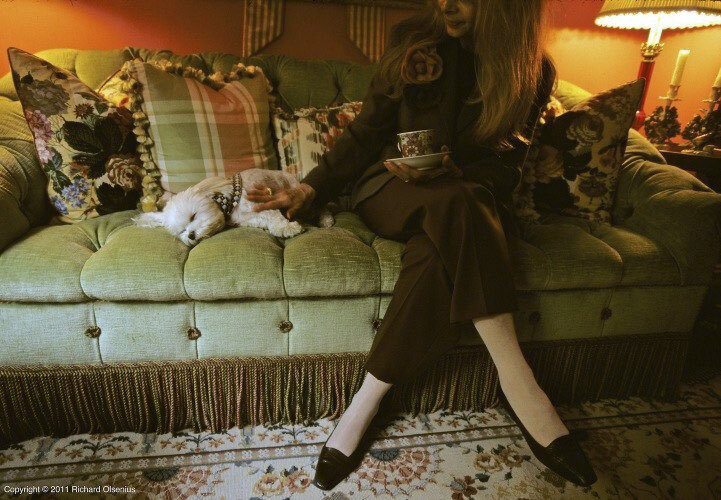
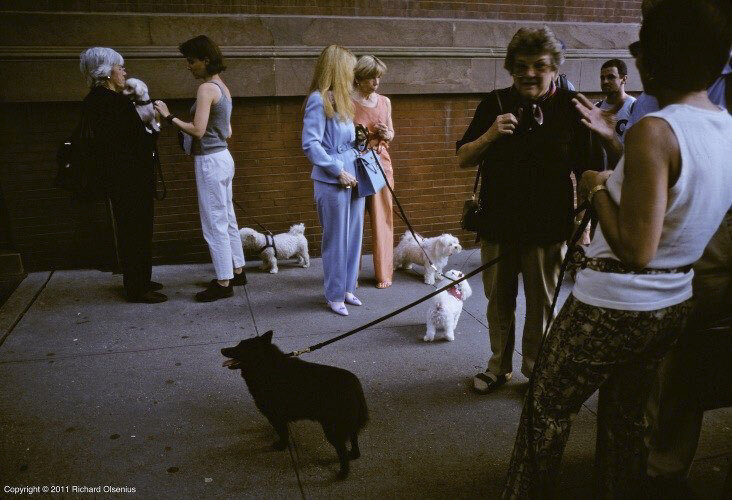
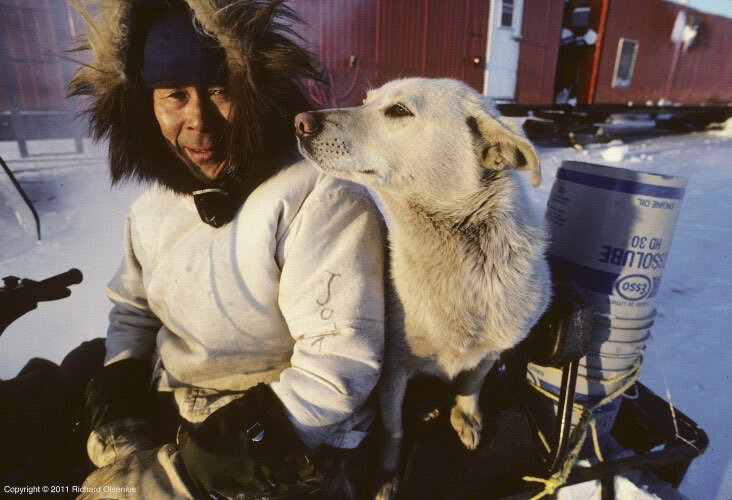
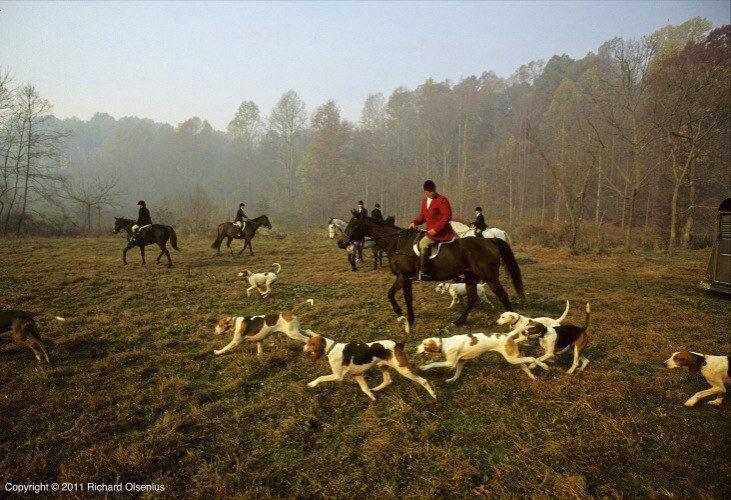
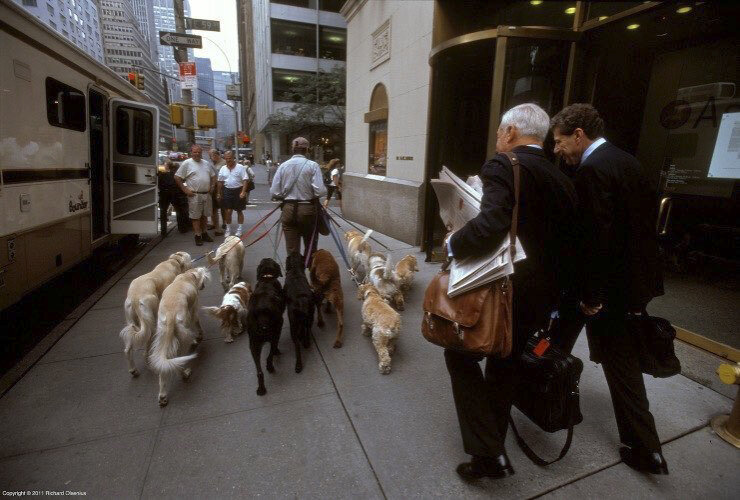
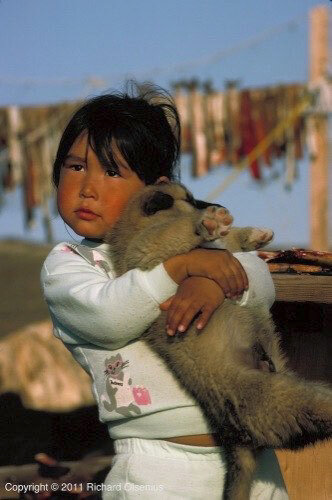
Purchase the book
Go to the store to purchase this National Geographic book that combines all the stories and images you’ve seen here. This make a great gift for the dog lovers in your life.

